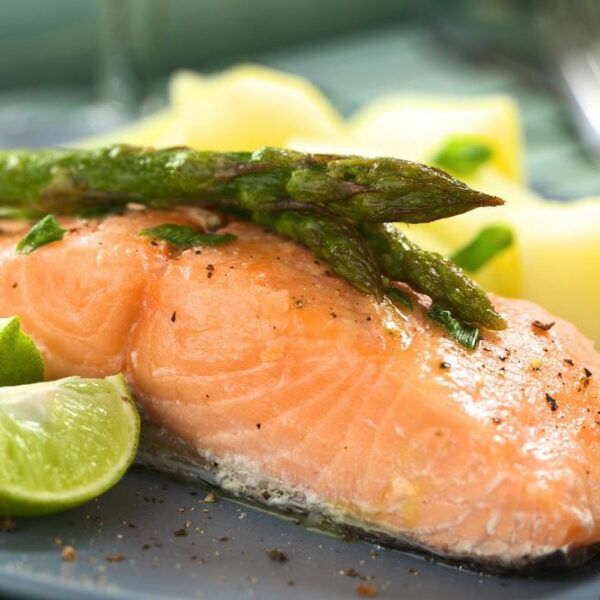Chronic myeloid leukemia – Tips to manage the symptoms

Chronic myeloid leukemia is a rare type of blood-cell cancer that starts in the bone marrow. Generally common among older adults, this type of leukemia is caused due to spontaneous chromosome mutation. Along with these treatments, it is essential to pay close attention to one’s meal plans as well. Here are a few important nutritional recommendations for those with chfronic myeloid leukemia.
Eat lots of vegetables
It is recommended that one should have steamed vegetables to get all the essential nutrients. Stir-fries are also a healthy option; a stir-fried meal of carrots, broccoli, mushrooms, and an assortment of peppers not only tastes good but also has several important vitamins and minerals. Another option is making soups, especially from green leafy vegetables including chard, collard greens, mustard greens, kale, and spinach. Vegetable juice with low-sodium content is also recommended.
Increase servings of fresh fruits
Those suffering from chronic myeloid leukemia should have five to ten servings of fruits every day. Fresh fruits are one of the richest sources of nutrients that fight cancer cells. Fruits contain all the essential vitamins, minerals, phytochemicals, and antioxidants. Make sure to add fruits to salads, breakfast cereals, yogurt, smoothies, pancakes, and wherever possible so that the daily requirement is fulfilled.
Eat tummy-soothing foods
Treatment for chronic myeloid leukemia generally reaks havoc on the digestive system with side effects such as nausea and vomiting. At such times, it is advisable to eat foods that cool down the stomach. Avoid spicy foods and caffeine. Instead opt for crackers, camomile tea, popsicles, ginger ale, and other clear liquid-based food.
Avoid uncooked food
Chronic myeloid leukemia treatments often lead to low levels of neutrophils, which are a type of white blood cell. To improve the count of neutrophils, it is important to stay away from uncooked food. These include raw vegetables and fruits, except fruits with thick peels such as bananas, oranges, and other citrus fruits. One should also avoid eating uncooked or undercooked fish, meat, and eggs. Foods from deli counters and salad bars should also be avoided.
Keep away from soft cheese
Eating soft cheeses is also detrimental to the count of neutrophils in the blood. Moreover, cheeses that are blue-veined or mold-ripened must be also avoided. It is best to not include cheeses such as bleu, Brie, Stilton, Camembert, Roquefort, and Gorgonzola.



